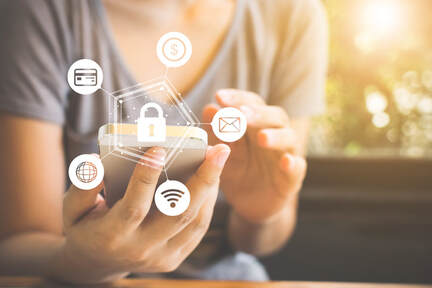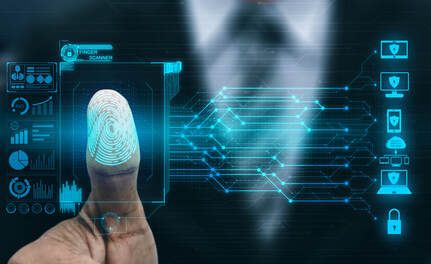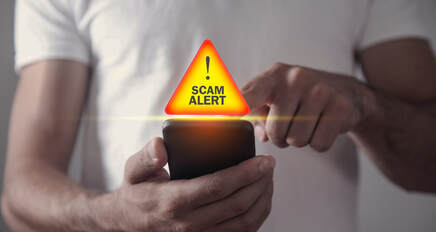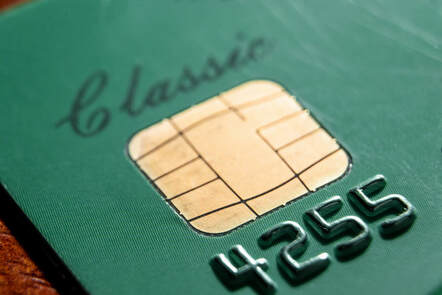 For many of us, traveling abroad is something we long to do but don’t know if we can ever afford. Even if you save enough money for plane tickets to Europe—or whatever your country of choice may be—the cost of accommodations, food, transportation, sightseeing, etc. while there may break the bank. But it doesn’t have to. As with everything else in life, it’s important to put together a travel budget and stick to it. Start with flights and accommodations, then divide the rest into categories such as food and activities. The tips below can help you stretch your dollar as far as possible while making memories that will last a lifetime.  Statistics show more than 15 million U.S. residents per year have been victims of identity theft since 2010. That’s why it is more important than ever to take extra precautions to protect your personal information and reduce your risk of identity theft. In the increasingly online world we live in, consumers need to be vigilant both online and offline to not become part of the rising statistic. Below are tips to help safeguard your information.  It’s more important than ever in today’s world to take precautions to protect your personal information and reduce your risk of identity theft. The tips below cover simple offline and online strategies to ensure your confidential information remains safe and secure. Don’t let con artists and thieves take advantage of you—be educated and be prepared.  Unfortunately, there will always be scam artists out there. These people are looking to make a few bucks, sometimes much more, on trusting and unsuspecting consumers. Scams aren’t always easy to spot, even for savvy consumers, so remember to do your due diligence and if something seems too good to be true, it most likely is. Below are common consumer scams to be aware of to help ensure they don’t happen to you or someone you love.  Recent data breaches and identity theft reports have heightened consumer aware-ness around the security of payments. Consumers may find themselves asking, “How can I better protect myself and my personal financial information?” EMV cards, also known as chip cards, allow consumers to conduct all of their daily card transactions with added security features to protect their information. And more than likely, EMV cards are coming to a bank near you soon.  It happens to almost all of us at some point, unfortunately—your wallet, checkbook or purse is either lost or stolen. The key to mitigating potential damage that may result, which can range from unauthorized charges to identify theft, is to take immediate action. The maximum time to wait is 24 hours but sooner is better. It’s also important to know the contents of your wallet—including all credit cards, health insurance cards, gift cards, etc. and the contact number provided on the back of each. Listed below are the steps to take if you ever find yourself in this undesirable situation.  In the wake of the financial crisis—described by many as the worst since the Great Depression of 1930s—consumers wonder about the stability of our country’s banking system, specifically the safety of their local hometown bank. Difficult economic times often increase the likelihood there will be attempts by unscrupulous individuals to gain access to your account information and money. How do you know if your bank and your money are safe? |
AuthorWrite something about yourself. No need to be fancy, just an overview. Archives
December 2017
Categories
All
|
|
Pennsylvania Association of Community Bankers
800 N. 3rd Street, Suite 304 Harrisburg, PA 17102 Phone: (717) 231-7447 [email protected] | sitemap (C) All Rights Reserved Our Privacy Policy Our Copyright Policy |
"To empower community banks to make positive impact within the communities they serve."
|
